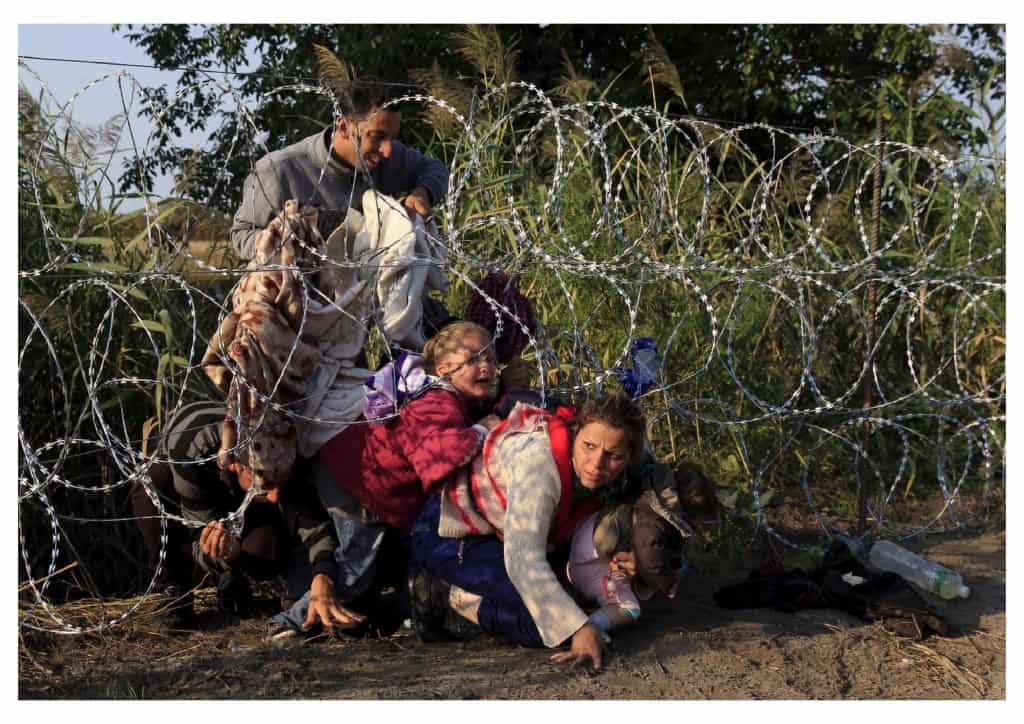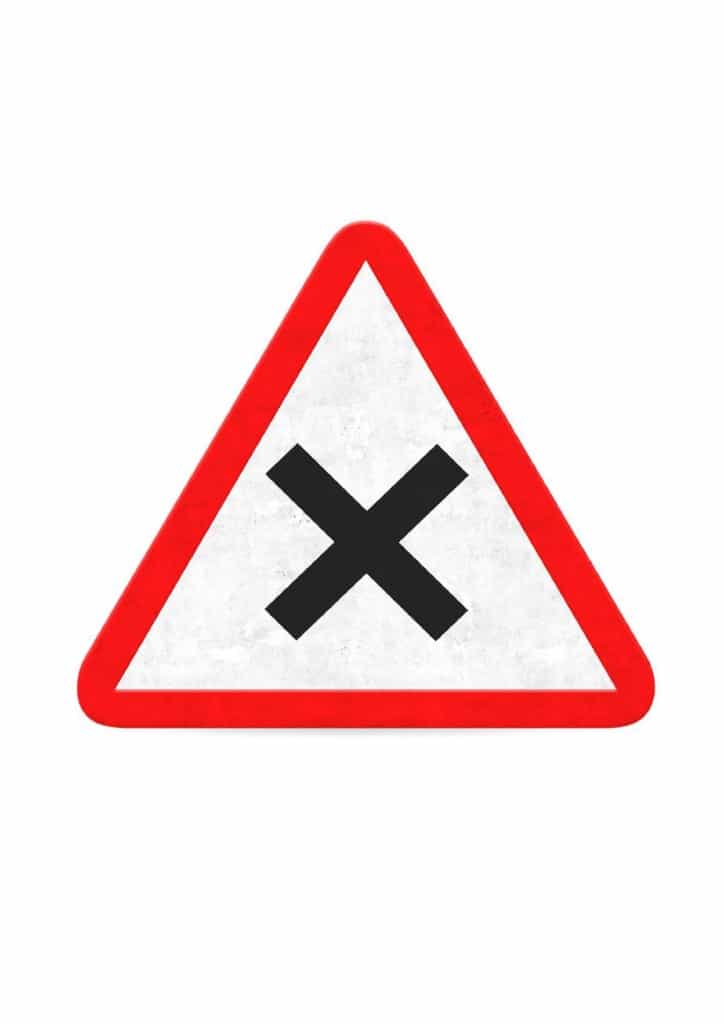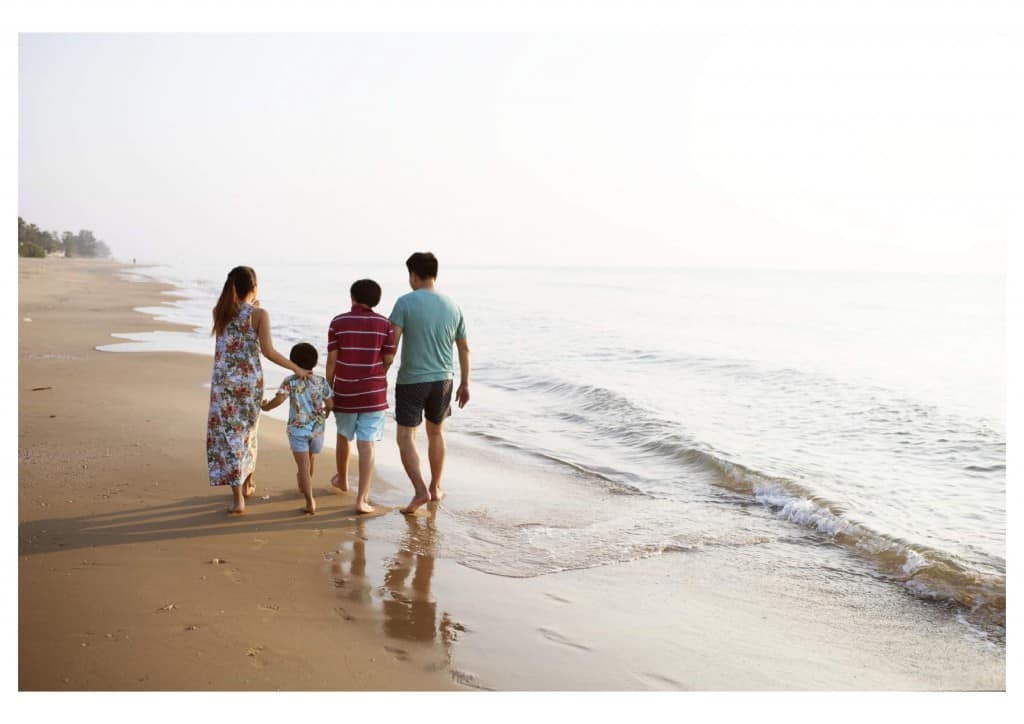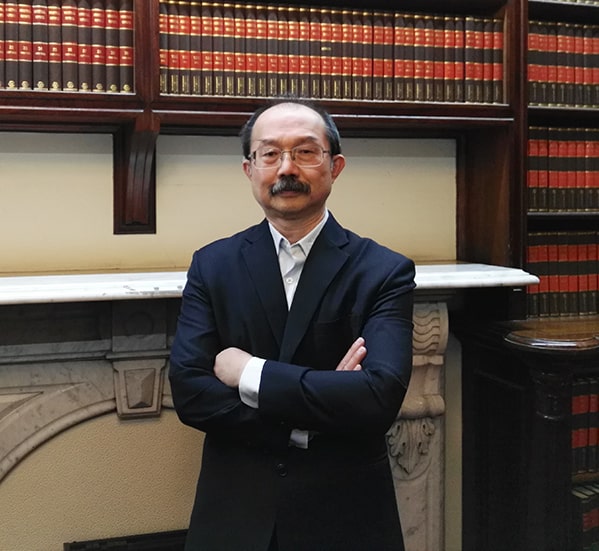
Offshore refugee (Subclass 200) visa program: How does it work?
Offshore refugee (Subclass 200) visa program is for people in their own country who are being persecuted or are being discriminated to an extend that it violates their human rights.
Australian humanitarian program consists of onshore (in Australia) obligations under the UN 1951 Refugee Convention or Onshore Protection Class XA Subclass 866 visa, and Offshore (outside of Australia) Class XB visa program, that is, Subclass 200 to 204.

Types of Class XB visas
Australia offshore Class XB refugee and humanitarian visas comprise of:
- Refugee Subclass 200;
- In-country Special Humanitarian Subclass 201;
- Global Special Humanitarian Subclass 202;
- Emergency Rescue Subclass 203; and
- Woman at Risk Subclass 204
These visas are intended to help people who are outside of Australia and are subject in their home country to persecution or substantial discrimination that amount to gross violation of their human rights.
There is no requirement for you to be registered as a refugee by UNHCR or government authorities in your present country. However, it is preferable to be registered by UNHCR to ensure you are offered the necessary protection and care.
These visas are designed to ensure that they are available to those in greatest need of resettlement and who do not have any other durable solution available to them.

Queue and allocation
Due to the annual allocation of refugee and humanitarian visas, the Department of Immigration (Department of Home Affairs) prioritised these visas in the following order – Subclass 203, Subclass 204, Subclass 201, Subclass 200 and Subclass 202
Australia follows the 3 durable solutions advocated by the UNHCR to provide protection needs to those who are displaced by humanitarian crises. The 3 durable solutions are:
- repatriation or voluntary return of asylum seekers once their home country is safe to return;
- local integration in the country of first asylum; and
- resettlement in a third country.
Applicants for offshore refugee (Subclass 200) visa must be outside of Australia to be able to apply for this visa.

How to apply?
To apply for offshore refugee (Subclass 200) visa, you will need to complete an application form and provide your address. If you have contact in Australia, they may assist you to apply under the Community Proposal Pilot or Community Support Program (CSP form), which is completed by the approved organisation.
Your family member in Australia, who holds or held an offshore refugee (Subclass 200) visa for at least 5 years and are not prevented, can also proposed you for the offshore refugee (Subclass 200) visa.
There is no visa application charge or fee for offshore refugee (Subclass 200) visa but there is a second stage visa application charge or fee which is payable before the visa is granted.

Can anyone apply?
You may not be able to apply for offshore refugee (subclass 200) visa if any of the below apply to you:
- between 13 August 2012 and 31 May 2013, you entered Australia at an excised offshore place and became an unlawful non-citizen; or
- on or after 13 August 2012, you were taken to a place outside Australia (under section 245F(9) of the Migration Act 1958); or
- on or after 1 June 2013, you came to Australia by boat or as an Illegal Maritime Arrival (IMA).
The Minister must personally invite you to apply for offshore refugee (subclass 200) visa if there are compelling reasons and you are certified as being a part of a class of persons, and at risk of harm.
In addressing whether there are compelling reasons to grant you the visa, the Department of Immigration will consider:
- the degree of discrimination or persecution to which you are subject in your home country – you will not be compared to other applicants;
- the extent of your connection to Australia compared to link with other countries;
- whether or not there is any other suitable country that can provide you with resettlement
- the capacity of the Australian community or your proposer to assist you with resettlement
- whether you have been offered resettlement in another country or you have permanent residency or protection in another country
- whether you have a right to obtain residence in another country.
Usually you will be interviewed to, among others, establish your identity, verify your family relationship or to substantiate your claim of persecution or substantial discrimination.

Including family members
You can include members of your family unit in a combined application for offshore refugee subclass 200 visa.
When you apply for offshore refugee (Subclass 200) visa, you are also taken to have applied for all the visa subclasses in Class XB.
If your application for an offshore refugee (Subclass 200) visa is refused, you will not be able to apply to the AAT (Administrative Appeals Tribunal) for review, but you may apply to Australian court for judicial review if the decision is not made according to law.
This is a permanent visa and is valid for 5 years from the date of grant (click here to learn more about RRV 155 visa). If you do not have a passport to travel to Australia for resettlement, you will be issued with an Australian Migration Status (AMS) ImmiCard to allow you to enter Australia. Once you are in Australia, you may apply for a Convention travel document or titre de voyage or a certificate of identity. Click here to learn more about Class XB visas.
If you have a relative living in Australia, he or she may be able to sponsor you for another visa (click here to learn more about bringing family to Australia).
Australian migration law is complex and difficult to understand, contact our immigration lawyer for a consultation (fee applies) to help you decide if you are eligible for a refugee visa (click here to find out how an immigration lawyer or registered migration agent can help you). You may also refer to our FAQs for answers regarding visa application or visa cancellation by clicking here. Click here to find out visas.


041 222 4020 or WeChat: AUDvisa
This article is not intended to be or taken as migration legal advice. The author of this article disclaims any liability for any action or omission on the information provided or not provided in this article. You should always consult an immigration lawyer or a registered migration agent to form an informed opinion on your immigration matter.



